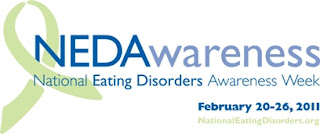January to April time is a busy season for us dietitians. In addition to taking on many wonderful new clients, I've expanded by business. My official business name is now...Creating Peace with Food. And I've hired a fabulous dietitian to help me handle the extra clients.
Meet Kimberly Yamanaka RD, CD

I'd like to introduce you to Kimberly. Her passion is to help others live a more abundant life by developing nourishing and fulfilling relationships with food. She holds a double Bachelors of Science from Central Washington University in Dietetics and Japanese. Her previous experience blends right in with the specialties at CPF. Since graduating from her internship at Oregon Health and Science University, she has worked to educate and nourish local teens and families through Forest Ridge School of the Sacred Heart. She has worked with individuals struggling with eating disorders as well as helping families find balance through lifestyle modification.
And there's more! (I feel like I'm on an infomercial!)
Creating Peace with Food (CPF) has recently teamed up with The Chronic Fatigue and Fibromyalgia Center of Seattle (located in Bellevue, WA) to help their patients gain more awareness about the link between nutrition and their personal illness. Kimberly and I are very excited to begin this new partnership.





